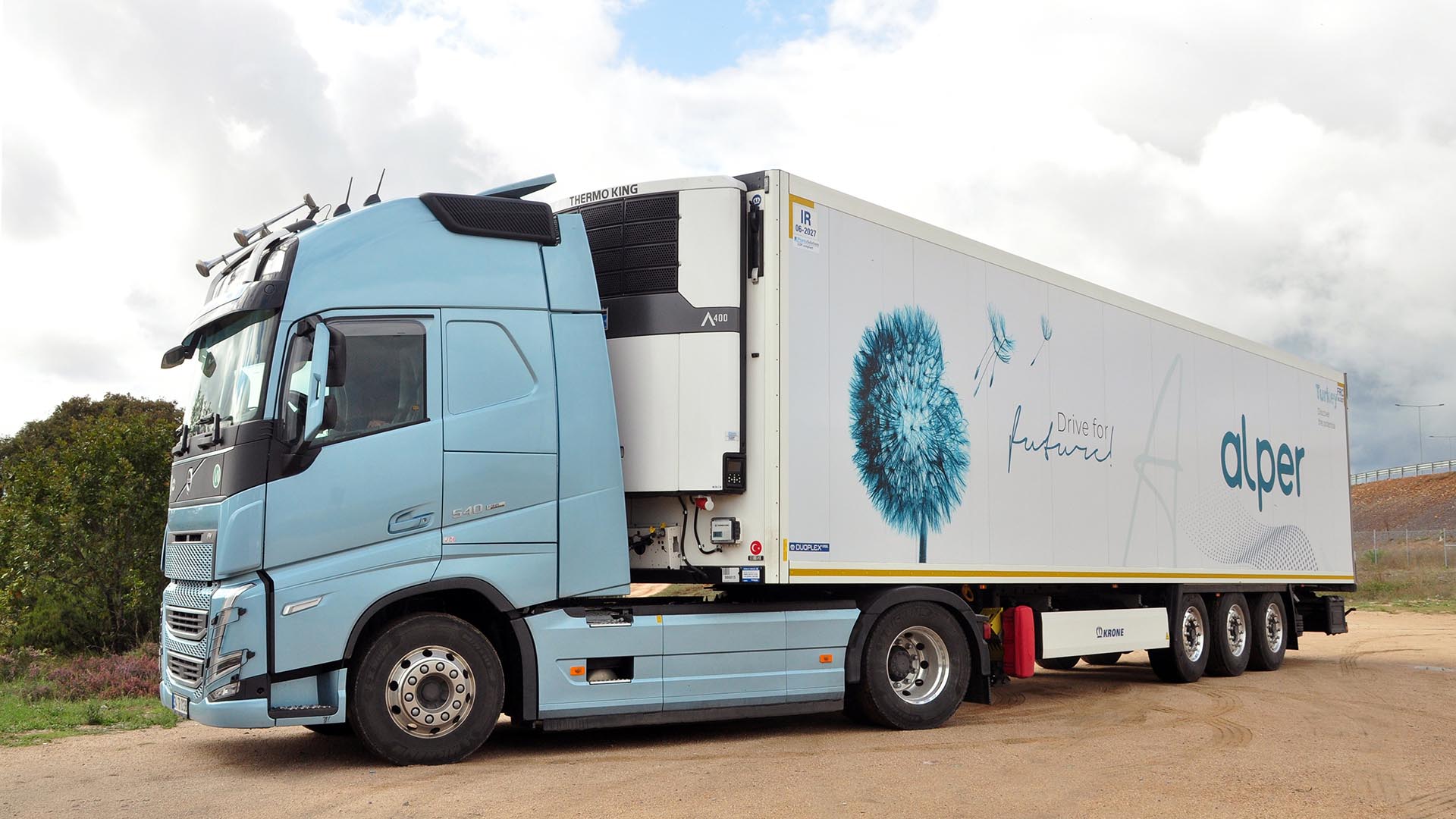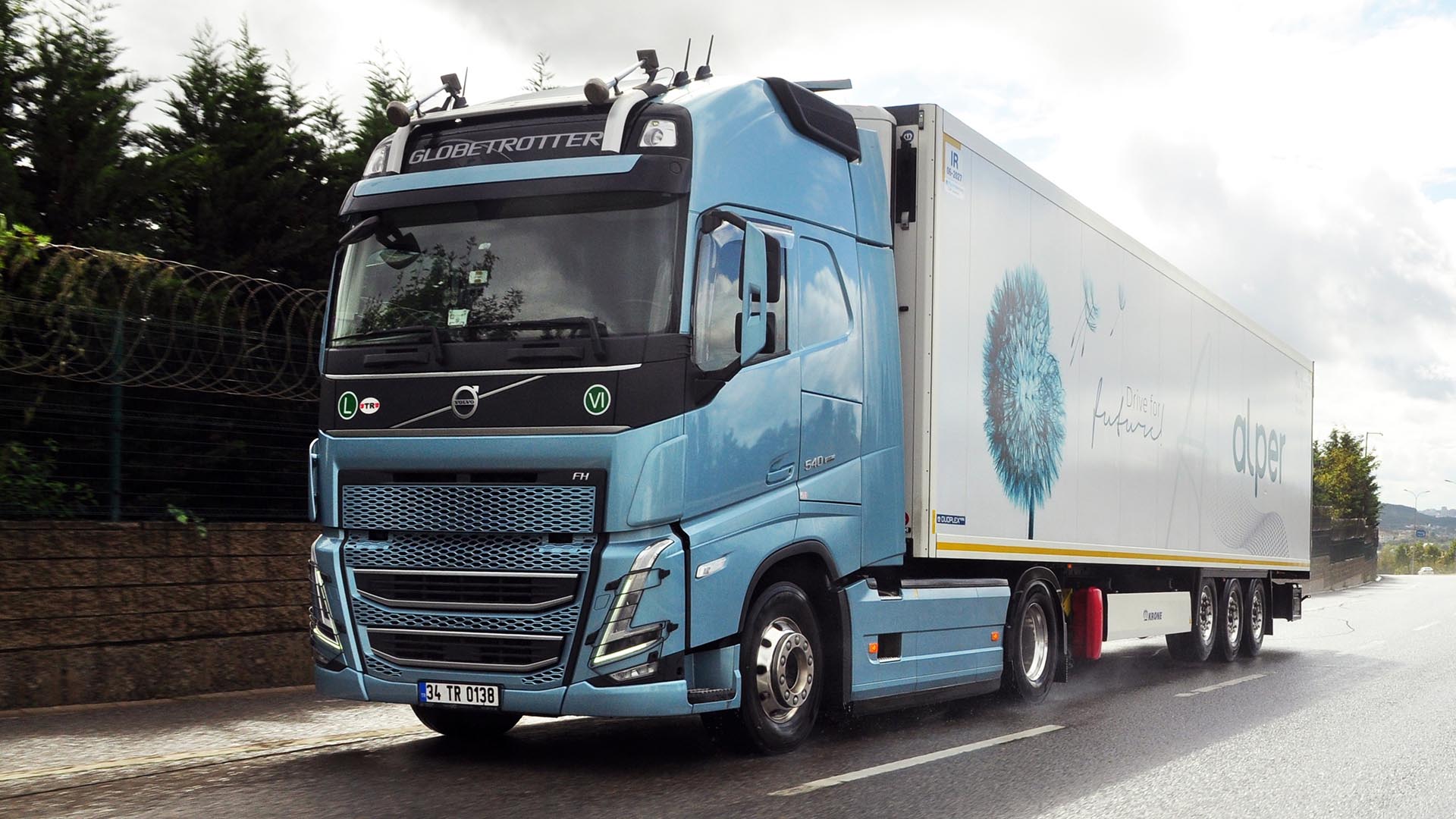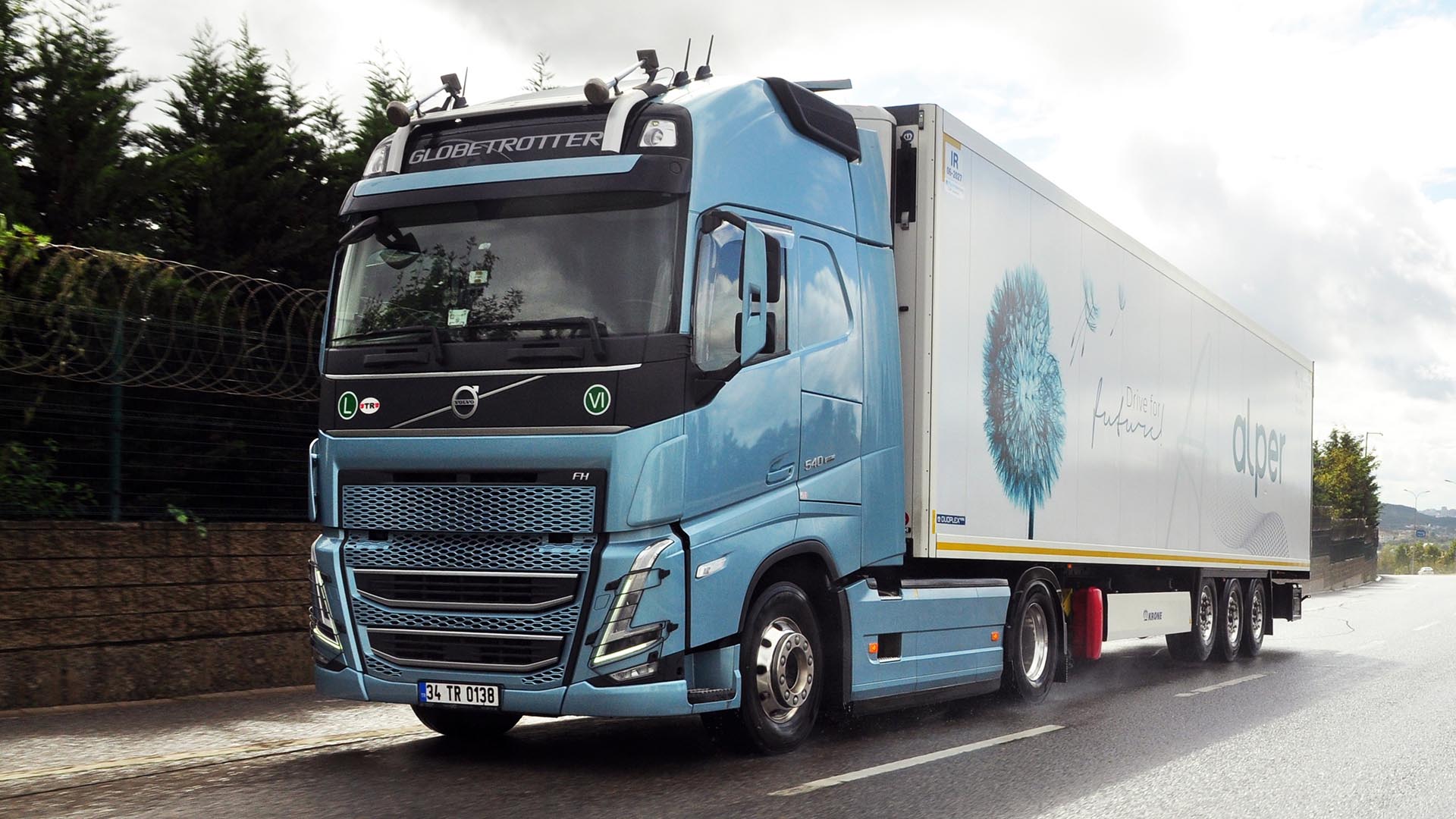- URL Kopyalandı
The logistics sector is known as a developing sector in our country. The logistics sector started in Turkey between the 1980s and 1990s. Initially, infrastructure was established in transportation areas such as road, rail, air, and sea transportation. In the 1990s, there was a breakthrough in the logistics sector. By the 2000s, the importance of the logistics sector was well understood, and policies and practices related to logistics began to be developed in our country.
The logistics sector in Turkey has a heterogeneous structure. Different companies operate in the logistics sector with differences in capital, turnover, profitability, and working principles. If we classify the companies in the logistics sector in our country, they can be grouped as follows:
Small firms dealing with spot business
Small and medium-sized enterprises (SMEs)
Large firms within holding companies
Firms established as cargo companies
Finally, foreign companies' branches in Turkey can be counted.
Characteristics of the Logistics Sector in Turkey
Due to the country's geopolitical location, being located between two continents, it is effective in the market geography.
The market value of the logistics sector in Turkey is around 55 billion dollars.
The market potential of the logistics sector in our country represents approximately 10-12% of the gross domestic product.
The growth rate of the logistics sector is between 10-15%.
The last ten years are considered as the fast-growing period of this sector.
The logistics sector works intensively on exports of textiles, dry food, machine parts, white goods, etc. and on imports of industrial raw materials, textile dyes, automotive, computers, etc.
The investments made in the logistics sector in our country are mainly vehicle renewal, computer technologies, education, etc.
The Logistics Sector in Turkey and Competitive Power
Our country has an important geopolitical location and serves as a bridge between continents. However, the location advantage our country has is not enough for competitive power. Logistics companies in our country compete with both domestic and foreign companies. Improvement policies are applied in some areas to increase companies' competitive power. These include:
Low-cost transportation
Short-term transportation
Reducing labor costs
Carrying different brands at the same time
Minimum stock holding
Measuring customer satisfaction
Renewing vehicle fleets and adapting to technological developments
Making long-term contracts with customers
Expanding storage areas
In summary, the logistics sector in Turkey has grown significantly in the last decade, building on the advantage of its geopolitical location. The logistics sector in Turkey has proven itself with an increasingly important market value. For more detailed information, you can contact the customer service team of Alper Lojistik, which provides services with its own fleet.













